Wintershall Dea sheds doubt on its future Danish oil operations
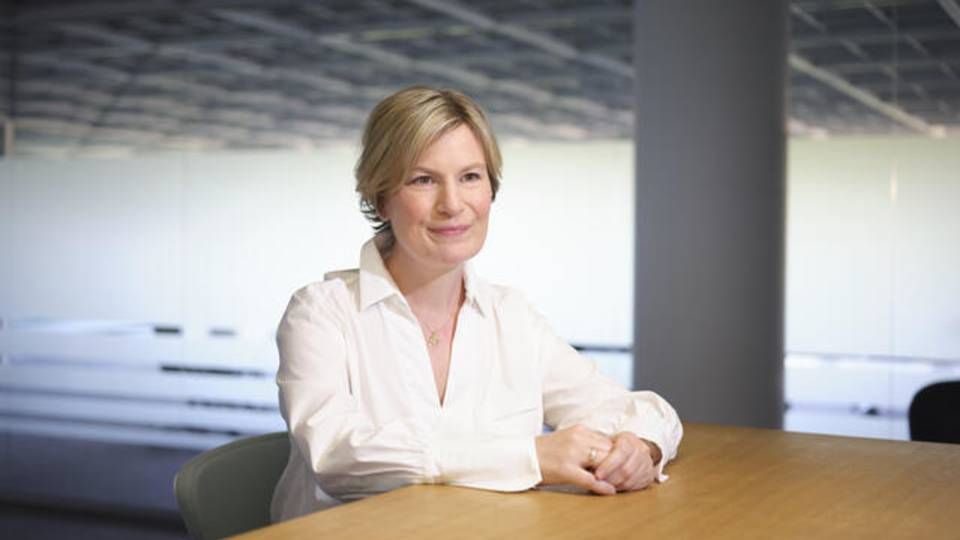
Most of Wintershall Dea's oil business in Denmark will be discontinued, meaning that both the planned exploratory drilling at Vibe-1 and development of the Greater Ravn region hang in a balance, Chief Operating Officer Dawn Summers tells EnergyWatch.
The German oil and gas company is currently backing both projects through its joint venture, Wintershall Nordzee, of which Russian gas giant Gazprom holds the other half stake.
However, after Denmark's most recent North Sea energy policy set the end date of 2050 for domestic fossil fuel extraction, the German company's prospects have become a lot murkier:
"This means we're obliged to take a step back to figure out how this affects our existing production and potential development projects," Summers says.
She is candid about the fact that the deal has had consequences regarding the Danish market, because such a clearly defined end date raises the need for new calculations on the viability of expanding production.
"The agreement has had a negative influence on the development of Greater Ravn and Vibe-1," she says and elaborates saying that the possible lifecycle of assets has great significance for business models.
Demands many considerations
Last summer, Wintershall Dea told EnergyWatch of its optimism concerning an extension of Greater Ravn, and early last year the existing license was also expanded, which provided the opportunity to continue evaluating the projects.
These studies remain in "an early stage," the COO says. Although in the meantime, that the North Sea policy has come into play as a factor cannot be ignored:
"We're continuing to assess what the optimal way to develop the area would be, and as operator in the region, Wintershall Nordzee will explore the effect of the new agreement. However, no decision has yet been made about the future as we must think this very carefully through," says Summers.
The Ravn field is self-operated and has been in production since 2017. Since then, Wintershall Nordzee has explored its options for expanding the area. As a part of that process, the group has laid plans for exploratory drillings to take place in 2022.
Wintershall Dea also owns interest in Danish North Sea fields Nini and Cecilie, both operated by Ineos, which expect extraction to continue at least until 2024. Summers tells EnergyWatch, however, that these field, too, are surrounded by uncertainty for Wintershall Dea owing to the new national policy.
Well concession could be scrapped
Last year, Wintershall Nordzee was supposed to have completed its probe of Vibe-1, but the task was postponed, initially to 2021 on account of the coronavirus pandemic.
Vibe-1, a high-pressure, high-temperature prospect, now faces uncertainty on whether it will at all manifest.
With a budget forecast of DKK 360m-390m (EUR 48.4m-52.5m), the entire venture was somewhat larger than the preceding Danish North Sea exploration – something that's altogether become something of a rarity. The last exploratory drilling in Danish waters was the Jill probe that took place in the autumn of 2019, carrying a cost of roughly DKK 200m.
"Right now [the Vibe-1 project, -ed.] is put on hold due to the policy agreement. The framework entails that exploration must cease and all production be discontinued. As the license operator, we and our partners are now looking into what this means for our exploration program," the COO relays.
Participating in CCS endeavor
Summers is not at liberty to say when Wintershall Dea will announce its future plans for other oil projects in the Danish sector.
Although on the other hand, she points out that the new agreement is in fine accordance with Wintershall Dea's domestic ambitions for hydrogen and CCS.
She's referring not least to Project Greensand, where the German firm will be working alongside Ineos and Maersk Drilling to store 3.5 million tonnes of CO2 under oil field Nini starting from 2030.
A milestone for that project was achieved last summer when Norwegian classification bureau DNV GL gave its preliminary certification for the field as a possible CO2 sink.
English Edit: Daniel Frank Christensen
Wintershall Dea lost EUR 839m in 2020
Wintershall Dea rejects Svane interest – for now
Danish oil extraction set to stop in 2050 – license tenders disappear
Related articles
Wintershall Dea lost EUR 839m in 2020
For subscribers
Wintershall Dea rejects Svane interest – for now
For subscribers

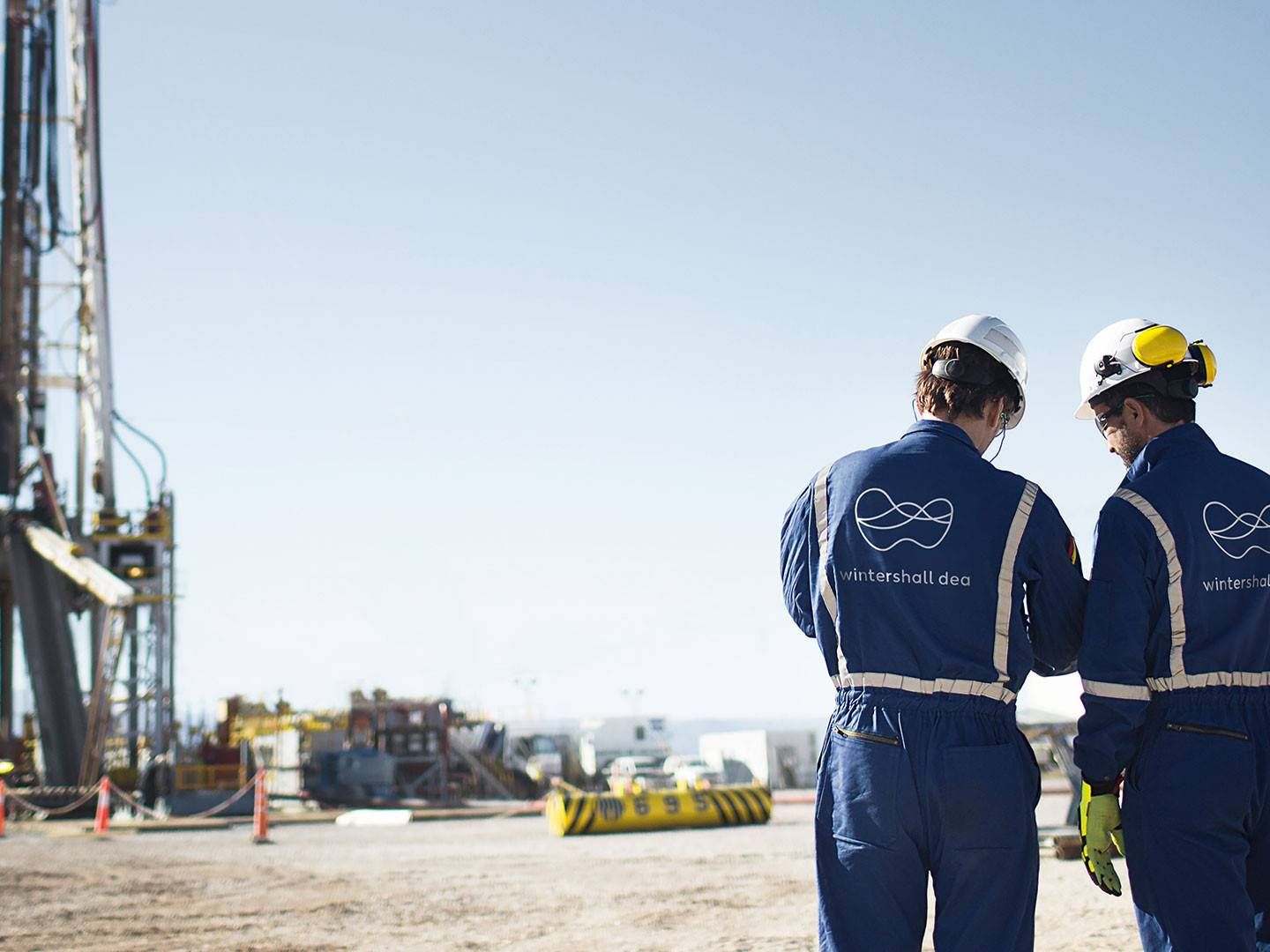
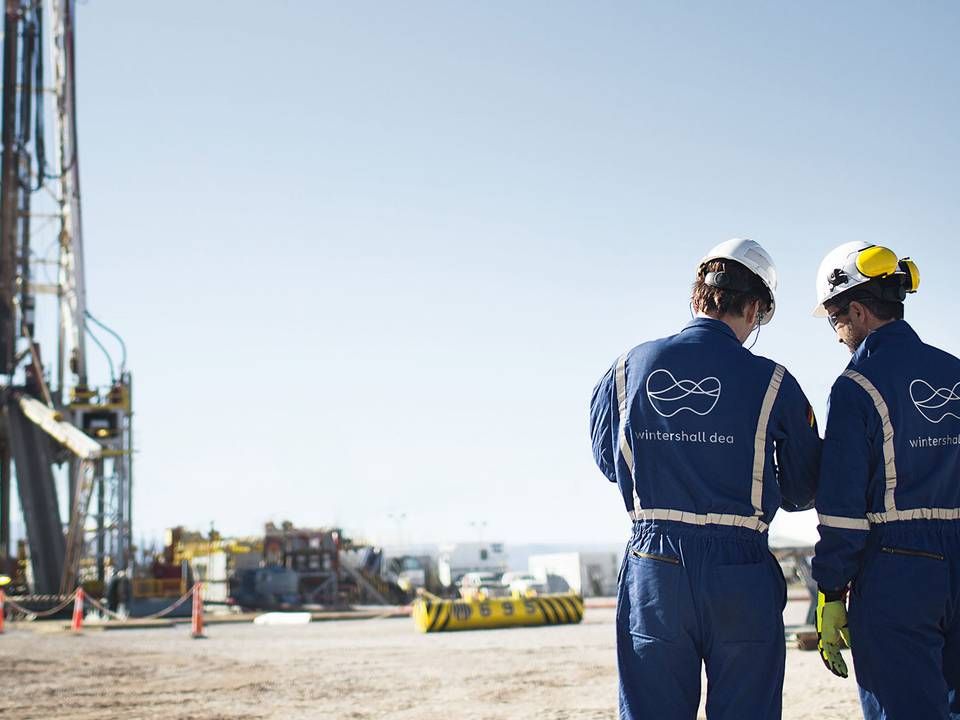
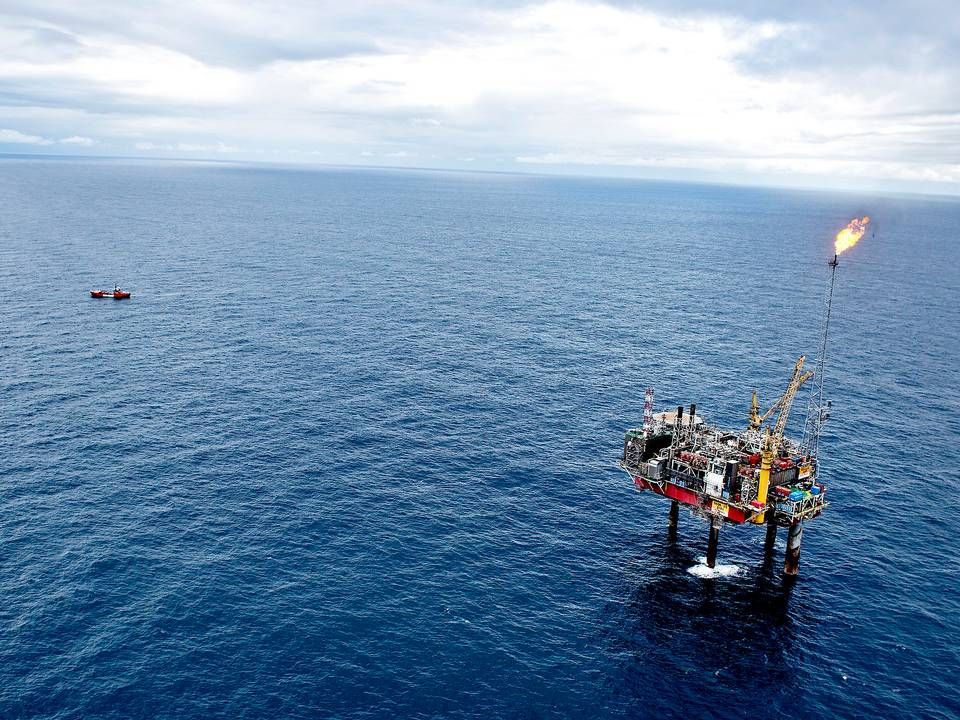

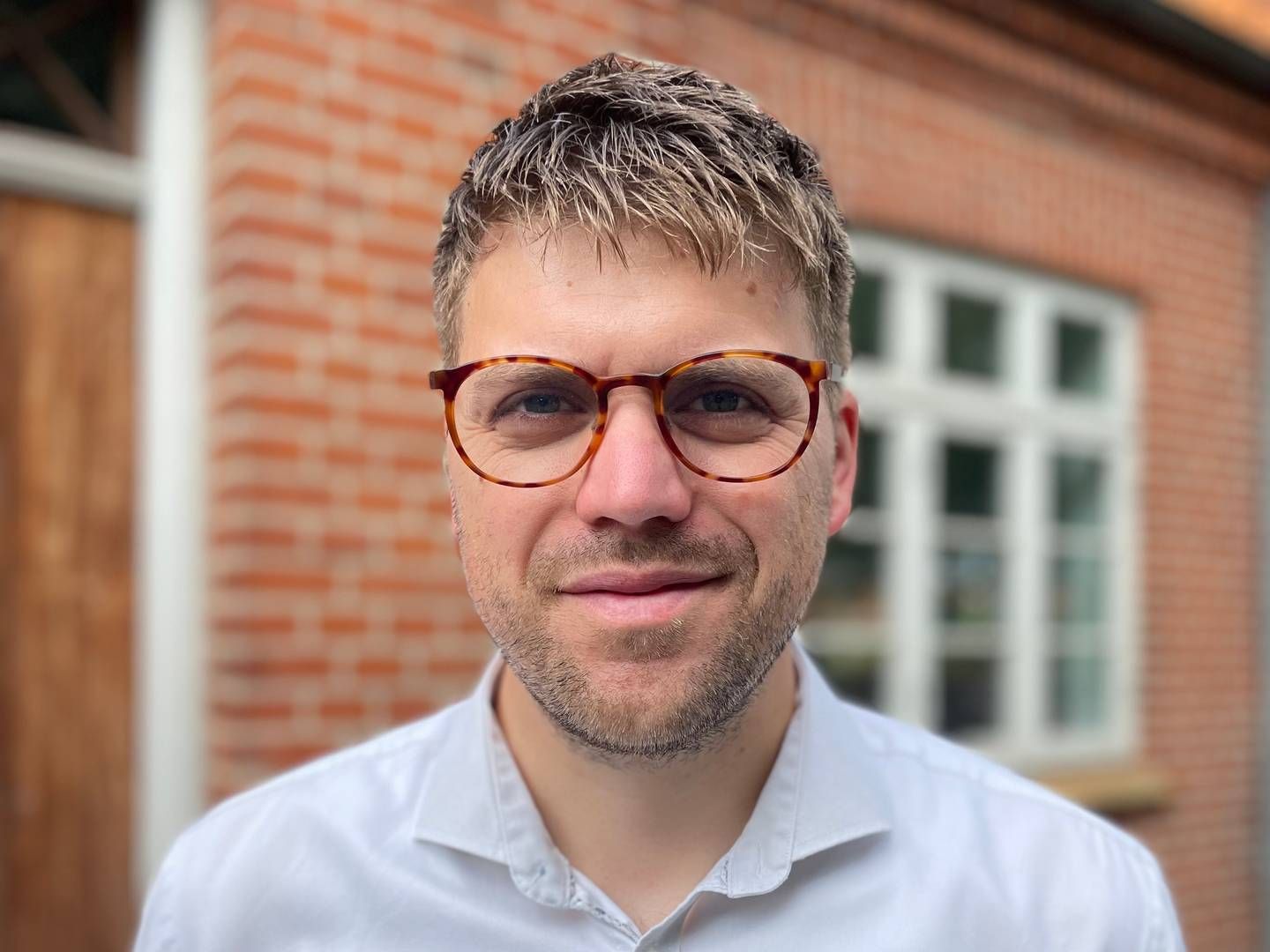






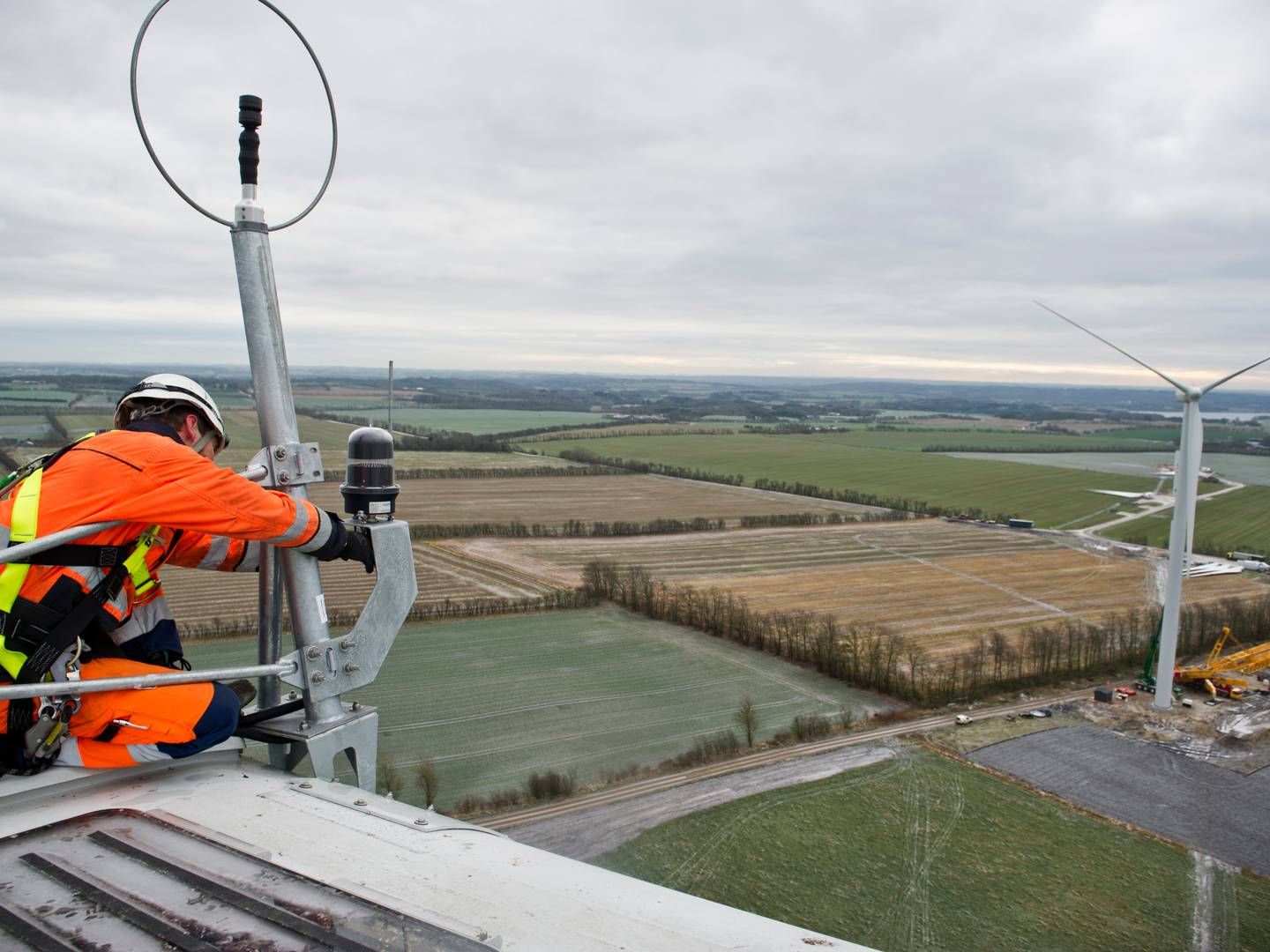
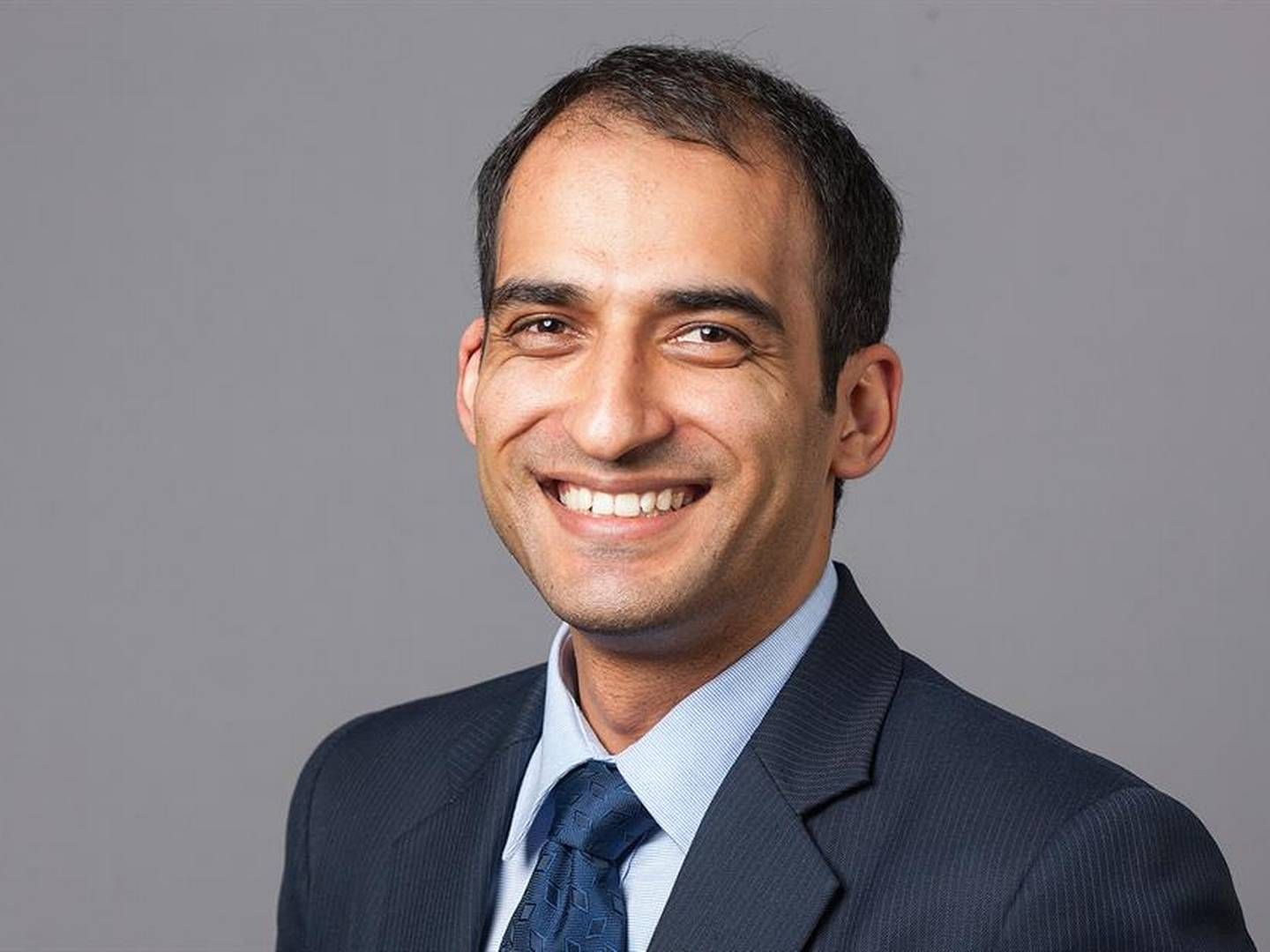


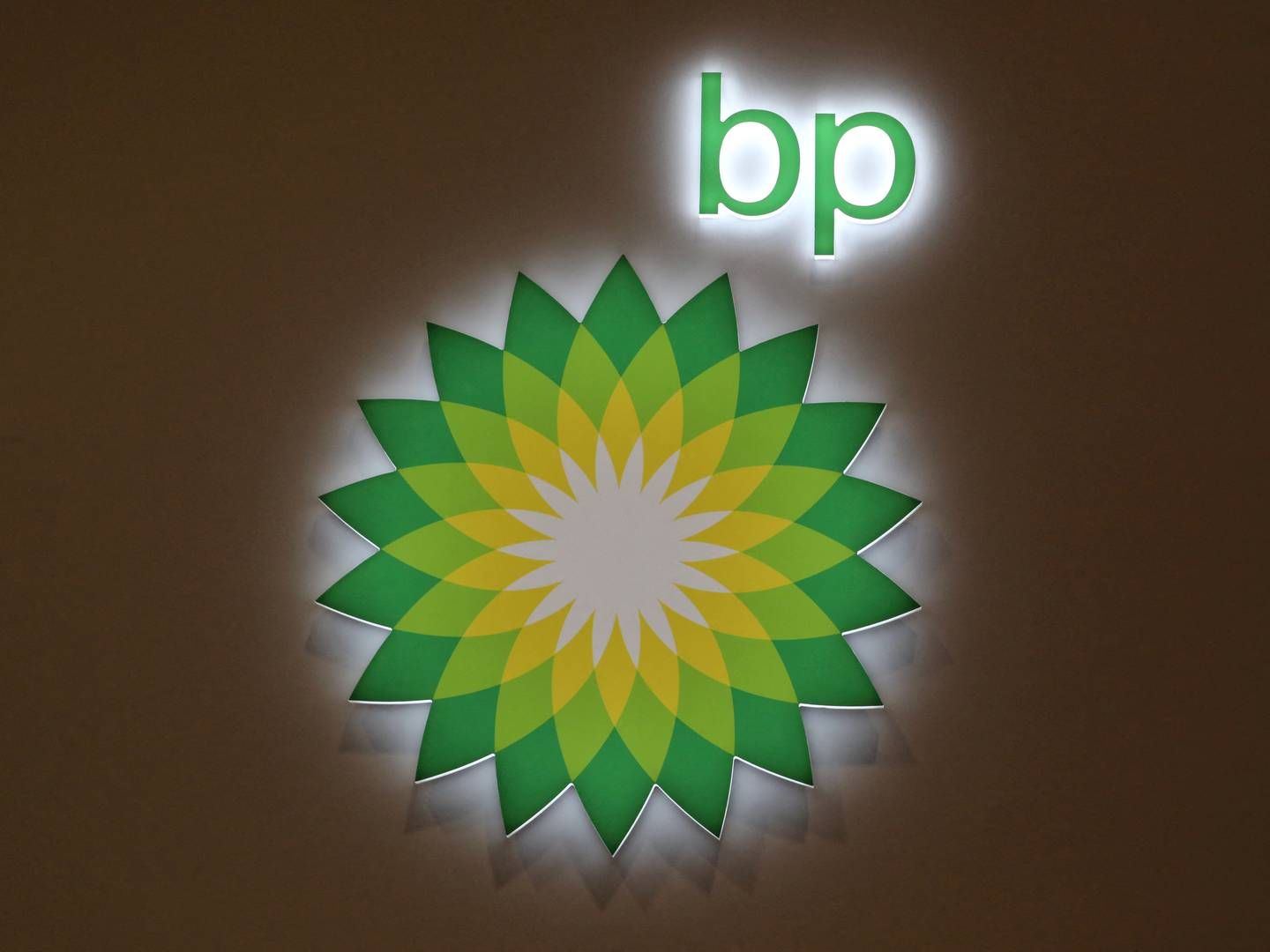
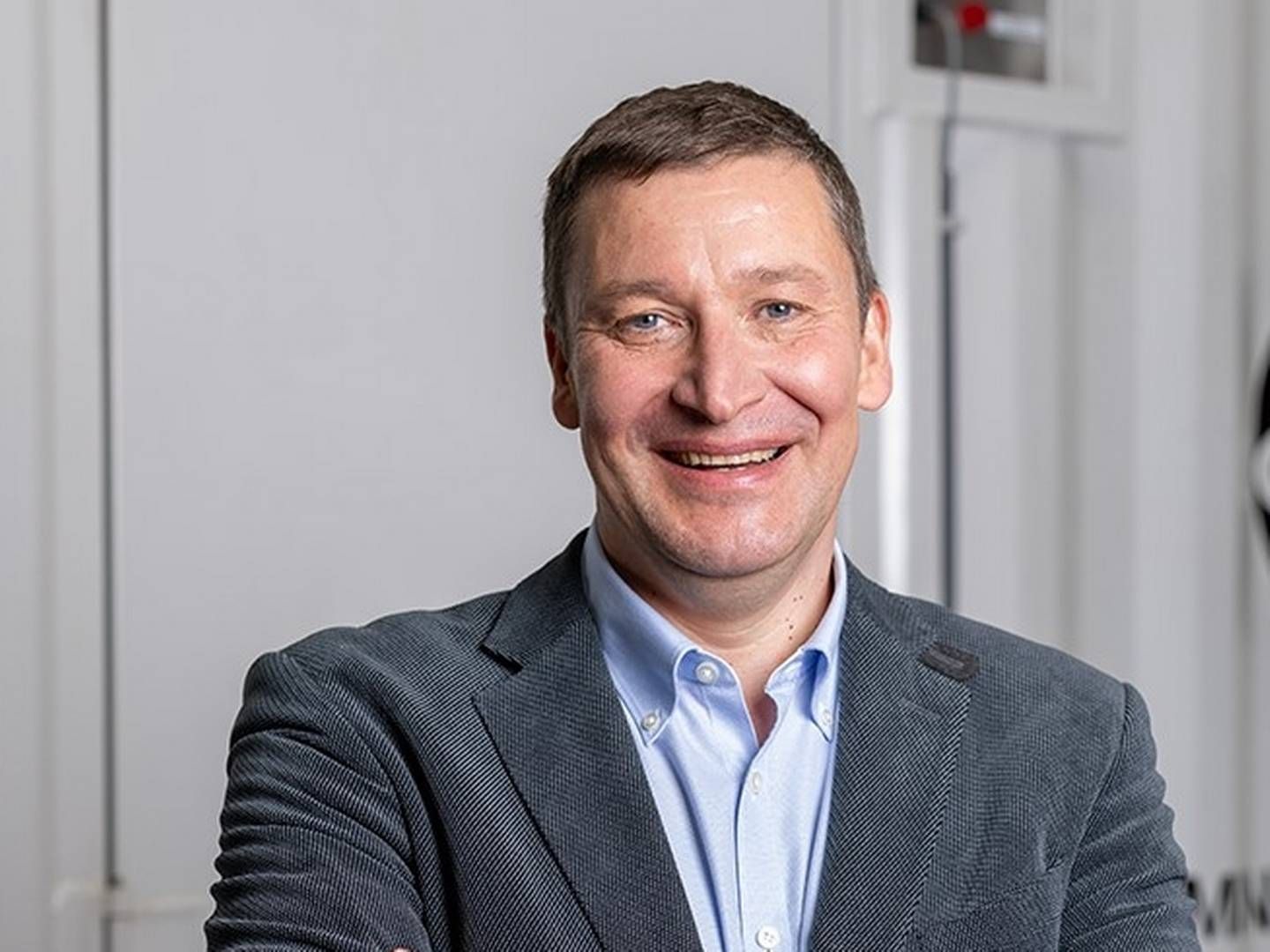







.jpg&w=384&q=75)